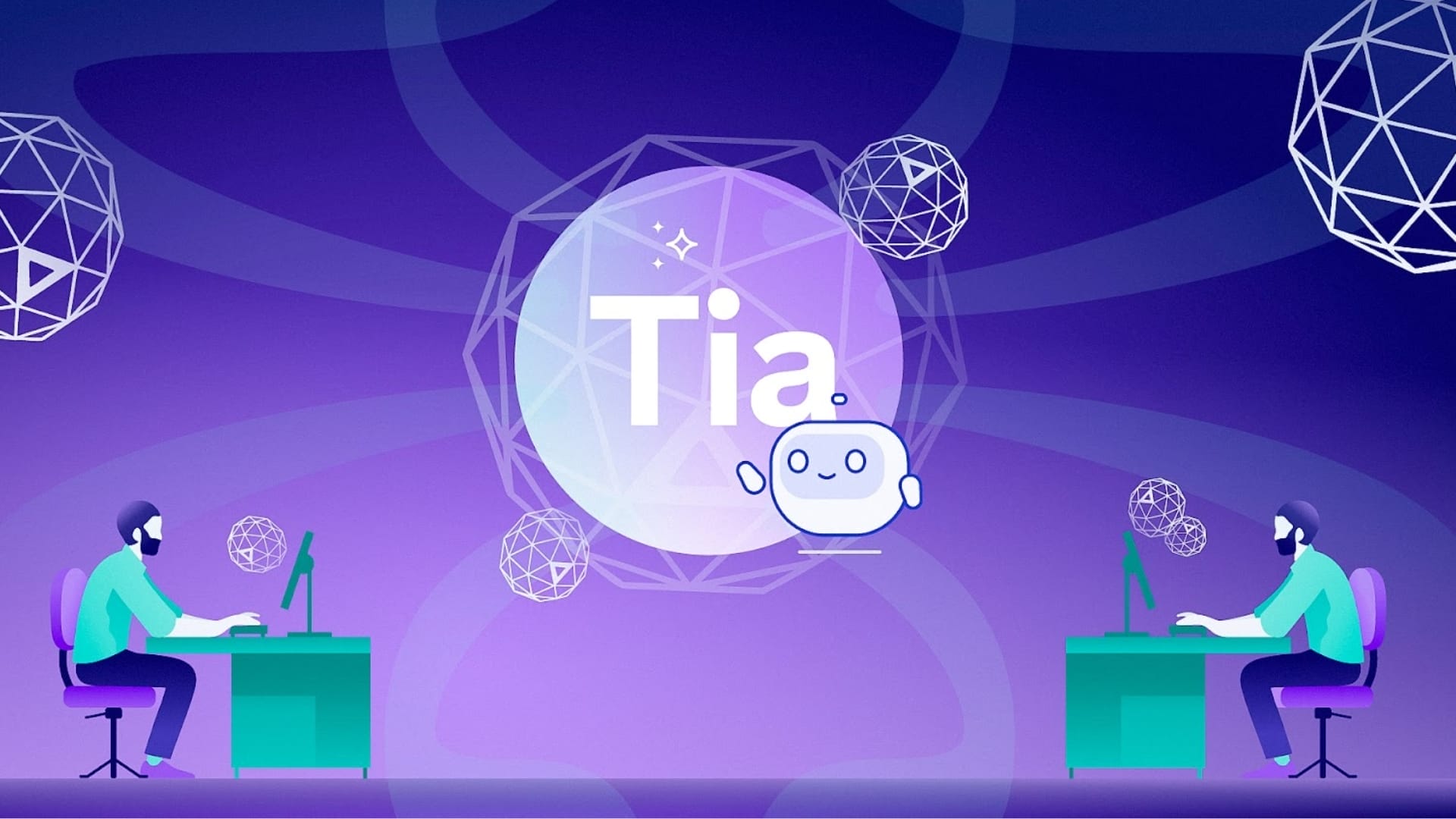From insight to action: TeamViewer introduces Tia for autonomous IT support
TeamViewer launches Tia, an intelligent agent designed to autonomously detect and resolve IT issues across devices and systems.

TeamViewer has unveiled Tia, an intelligent agent designed to identify, resolve, and prevent IT issues with minimal human intervention. Announced at Microsoft Ignite, the launch marks a significant step in the company’s AI strategy as it moves towards systems that take direct action rather than simply offering recommendations.
Table Of Content
Advancing towards agentic intelligence
TeamViewer describes Tia as part of a broader shift from assistive AI to agentic AI, where technology can understand context, make decisions, and execute tasks independently. Integrated into TeamViewer ONE, the agent combines the company’s remote connectivity capabilities with its digital employee experience tools to manage IT challenges more effectively.
Mei Dent, Chief Product and Technology Officer at TeamViewer, said the development reflects the organisation’s vision for seamless digital operations. “Tia is a step towards a workplace where technology simply works. It’s the beginning of a more agentic future, where intelligent systems take initiative responsibly, learn from context, and redefine what productivity feels like in the digital era.”
How Tia identifies and resolves IT issues
Tia operates across devices and systems, drawing on contextual insights from device behaviour and session data. This allows the agent to detect the root causes of issues, suggest tailored remediations, and automatically generate scripts to resolve them. TeamViewer says the system can autonomously handle common disruptions, including login failures, configuration errors, and application slowdowns, as long as actions remain within defined policy boundaries.
More complex or sensitive issues continue to require IT oversight, ensuring that human teams retain authority over critical decisions. Tia can also build customised dashboards that display key metrics, data sources, and performance trends. These help IT teams visualise anomalies, track the outcomes of automated actions, and identify patterns that may indicate emerging problems.
The agent is built on a multi-agent framework, with specialised components focusing on areas such as performance, connectivity, application support, and account management. Each agent shares information as it works, contributing to a wider pool of intelligence that helps improve resolution speed and long-term system health.
Addressing digital friction in the workplace
TeamViewer’s recent research highlights how IT issues continue to affect productivity and employee experience. Across APAC, 42% of businesses report revenue loss due to IT inefficiencies. Half of surveyed employees say digital friction has delayed important tasks, while 42% link ongoing issues to burnout. A further 30% have considered leaving their roles because of persistent IT problems.
Despite these pressures, many organisations remain cautious about allowing AI to take independent action or have been disappointed by early AI tools that lacked meaningful impact. TeamViewer positions Tia as a way to bridge this confidence gap through deeper diagnostic insights and transparent, policy-controlled automation. By resolving issues in the background, the agent aims to reduce interruptions while giving IT teams clearer visibility into system performance and areas for improvement.
Tia also forms part of TeamViewer’s wider roadmap for Autonomous Endpoint Management, an approach in which systems act with awareness and accountability under human direction. Building on TeamViewer Session Insights, the framework connects data from individual support sessions with automated actions that extend beyond a single task, supporting more proactive and stable IT operations.
















